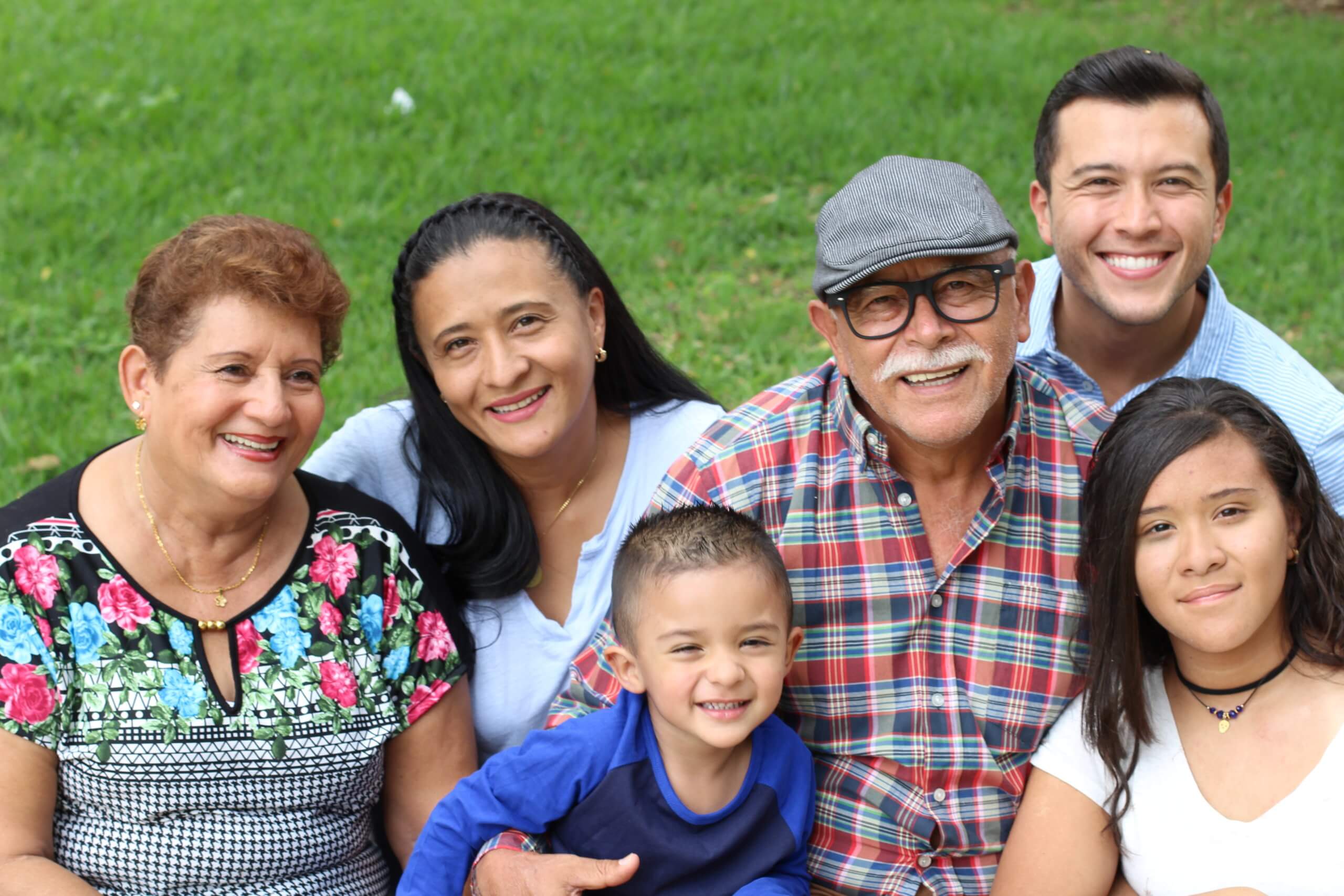Articles and Information
What Everyone Should Know About Human Papillomavirus (HPV)
January 24 2022
Human papillomavirus is the most common sexually transmitted infection in the United States. It causes cervical cancer as well as head and neck and penile cancers. Every year, HPV-related cancers affect approximately 44,000 people in the United States. In Harris County, Hispanics have the highest cervical cancer rates. The HPV vaccine is effective at preventing high-risk types of HPV that can cause cancer.
What are low-risk and high-risk types of HPV?
Low-risk HPV types cause genital warts. However, high-risk types have been identified as the cause of numerous cancers. Many people may not know they are infected with HPV until they receive a cancer diagnosis. Women with HPV are at a higher risk for cervical, vaginal, and vulvar cancers, while men are at an increased risk for penile cancer. The vaccine protects against seven high-risk HPV types and two low-risk HPV types. It has been FDA-approved for 15 years.
When can you get the HPV vaccine?
Vaccination against HPV is recommended for ages 11-12, though it can be given to children as young as nine and to adults as old as 45. In children 9-14, two doses are given six months apart; ages 15 and above require three doses. There are no serious side effects, with the most common being pain or redness at the site of the injection. Ask your healthcare provider about getting yourself or your child vaccinated against HPV. To schedule an appointment at Avenue 360, call (713) 426-0027.
The information contained in this Avenue 360 Web site is not a substitute for medical advice or treatment, and Avenue 360 recommends consultation with your Avenue 360 doctor or health care professional.
